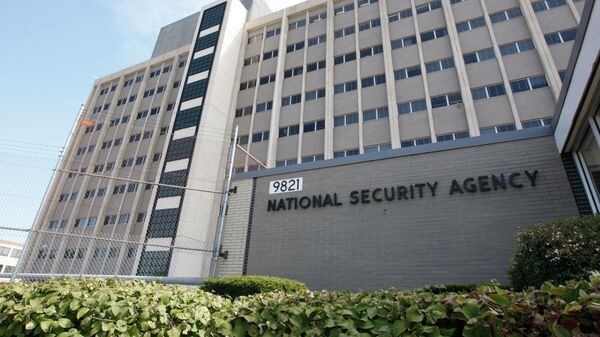WASHINGTON (Sputnik) — On Thursday, a US federal appeals court ruled that the NSA’s bulk collection of data under the 2001 Patriot Act violated the US Constitution and the congressionally mandated authorities given to the NSA.
Rogers asserted that despite the ruling, the bulk surveillance tool is critical to US intelligence.
“We need to come up with a process that lets us generate insight and access the data in a much quicker timeframe,” Rogers said in a speech at George Washington University. “So we [NSA and lawmakers] will work through the specifics of what that might look like.”
If the US Congress amends the Patriot Act to limit the scope of bulk data collection and change the legal procedures to obtain the data, that could negatively impact the agency’s effectiveness, he stated.
“What concerns me the most is timely access to the data,” Rogers said. Additional requirements to obtain warrants could impact the agency’s timely collection of data. If the process takes “weeks and months,” Rogers claimed, “that really does not generate the kind of value we need.”
This week, Congress is scheduled to vote on the Freedom Act, a bill that would end NSA bulk data collection by amending the Patriot Act’s Section 215.
According to NSA documents leaked in 2013, the intelligence agency interpreted Section 215 of the Patriot Act to collect massive amounts of telephone metadata on US citizens without a warrant.
The NSA bulk collection case is expected to be heard in two other US circuit courts.




